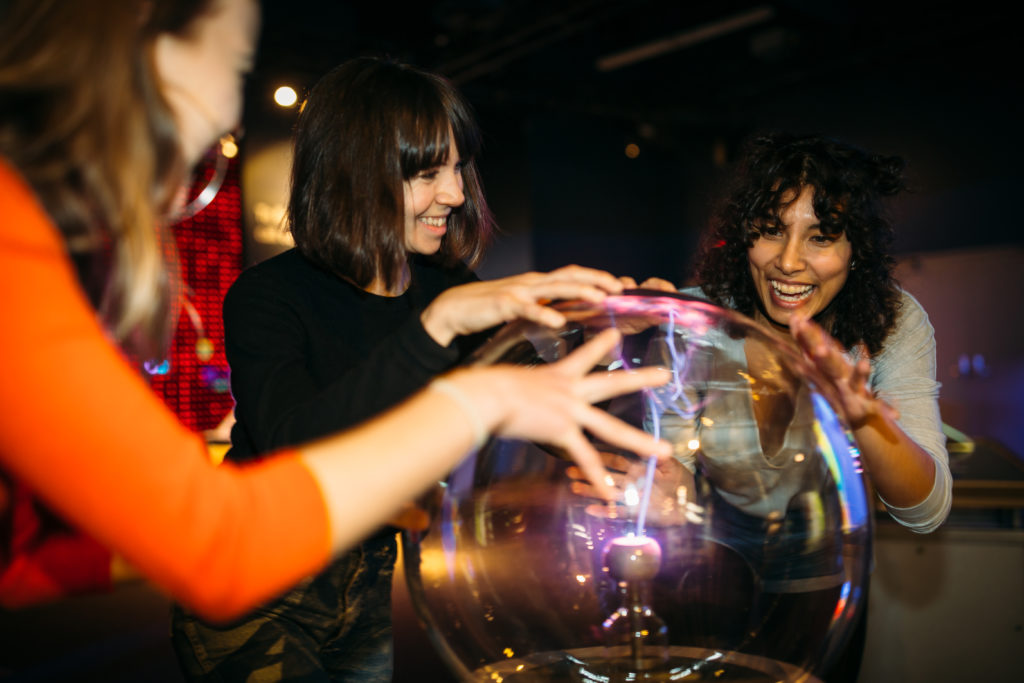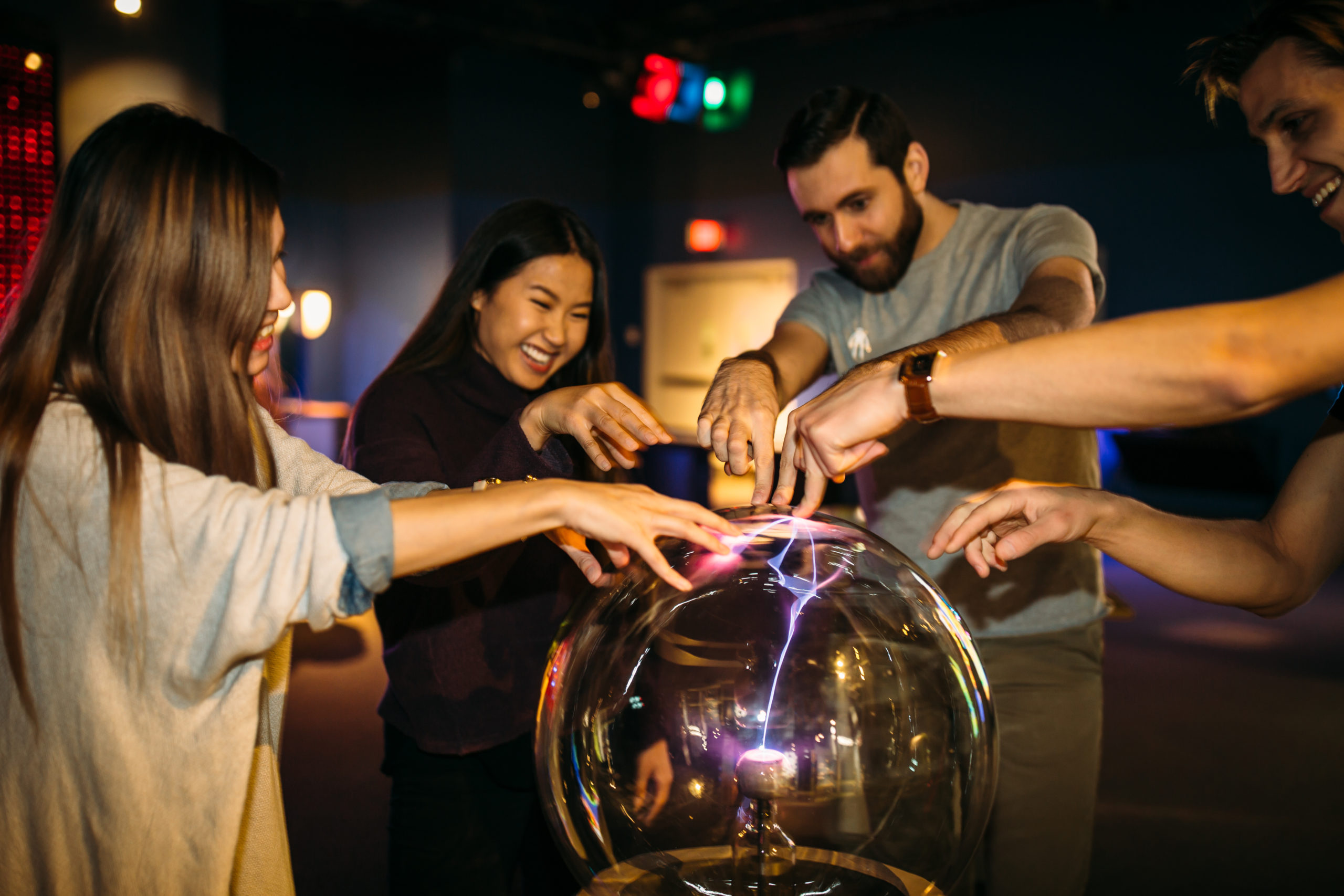We all know what the adage warns us about “all work and no play”: it invites dullness into our lives. Now a growing body of research suggests that there are more benefits to play than just avoiding boredom: adults who play more are more productive at work, happier in their relationships, less stressed, better at problem-solving, more youthful, and less likely to develop Alzheimer’s than their less playful counterparts.
But between getting our daily endorphins up from exercise, heading out with friends, and volunteering in the community, what do we imagine play to look like as adults? According to Dr. Aleena Chia, an assistant professor in the School of Communication at Simon Fraser University: play is an attitude, not activity.
“From a cultural-anthropology background, human play is marked by relative degrees of openness, improvisation, and pleasure, with an emphasis on the ‘relative’,” she says.
Chia, whose research focuses on the way work and play are often interwoven in the lives of people working in the tech industry, encourages us to focus on how we feel doing any activity. Rather than making time for a clear-cut category of play such as board games, sports, or word puzzles: Chia suggests focusing on developing a playful mindset.

“The important thing to take away from this definition of play is that it’s not about a distinct activity. Instead, play is a disposition towards any kind of human experience. You can do a play on words, you can approach things playfully.”
